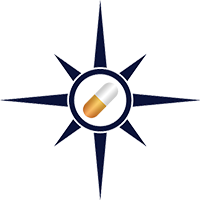



API Suppliers

US DMFs Filed

CEP/COS Certifications

JDMFs Filed
Other Certificates
Other Suppliers

USA (Orange Book)

Europe

Canada

Australia
0

South Africa
Uploaded Dossiers
U.S. Medicaid
0
Annual Reports
0
Impressions: 2597
https://www.pharmacompass.com/radio-compass-blog/pharma-deals-investments-and-m-as-in-september-2017
Impressions: 2757
https://www.pharmacompass.com/radio-compass-blog/gsk-google-form-first-bioelectronics-firm-11-generic-companies-benefit-from-the-teva-allergan-deal


